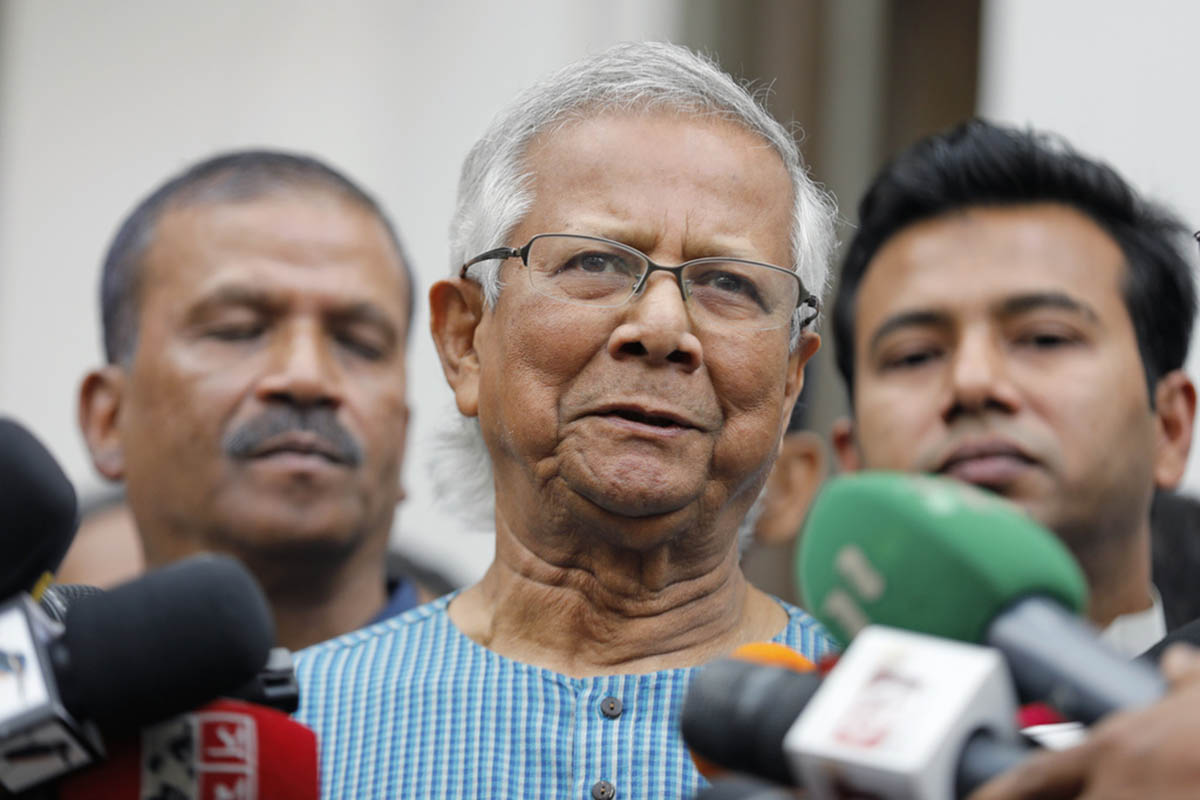
DHAKA: India’s restrictions on Bangladeshi exports via land ports have prompted Bangladesh’s interim government to seek resolutions for trade-related issues. An adviser to the interim government, led by Nobel Laureate Muhammad Yunus, stated that Bangladesh is keen to discuss all matters with India.
Recently, India banned the import of ready-made garments (RMG), fruit, fruit-flavoured and carbonated drinks, baked goods, snacks, chips and confectionery, cotton and cotton yarn waste, plastic and PVC finished goods, and wooden furniture from Bangladesh via road.
Earlier, Bangladesh restricted the import of Indian yarn via land routes. India also revoked the trans-shipment facility for Bangladeshi exports to third countries. These reciprocal trade measures have led to tensions between the neighbouring nations.
“We do not yet have official confirmation of India’s actions. Once we receive formal communication, we will respond accordingly. If problems arise, both sides will engage in discussions to seek resolution,” said Sheikh Bashiruddin, Commerce Adviser to Bangladesh’s interim government.
“We have learned through social media and news reports that India has taken certain decisions regarding land ports, particularly Akhaura and Dawki, and certain border areas. Our primary aim is to strengthen competitiveness, benefiting both countries,” he added.
Bangladesh’s adviser noted that India has a well-established textile and clothing industry but reiterated that Bangladeshi exports are based on domestic capabilities. He asserted that Bangladesh is not affected by trans-shipment restrictions, as the country has addressed the issue independently.
“As geographically linked nations, competitiveness, transportation costs and other trade factors remain constant. Both countries impose restrictions on agricultural imports at different times as part of trade management. If any problem arises, both sides will discuss and attempt to resolve it,” Bashiruddin said.
“I believe in liberal trade. Trade is essential to me, and I see no alternative to trade inclusion for empowering businesses and consumers in my country,” he stated.
On Saturday, the Ministry of Commerce and Industry implemented immediate land port restrictions on the import of various Bangladeshi goods, following a directive from the Directorate General of Foreign Trade (DGFT).
According to the Global Trade Research Initiative (GTRI), India’s restrictions on Bangladeshi imports via land ports will affect goods worth $770 million, approximately 42% of total bilateral imports.
The new measures limit the entry of ready-made garments and processed foods to designated seaports, an official press release from the ministry confirmed. The restrictions are widely seen as a response to Bangladesh’s recent curbs on Indian yarn, rice and other goods, alongside its decision to impose a transit fee on Indian cargo—marking a shift from previously cooperative trade relations.
Under the revised directive, all ready-made garments from Bangladesh must now be imported solely through Nhava Sheva and Kolkata seaports, with land port entry no longer permitted.
By RSS/ANI





